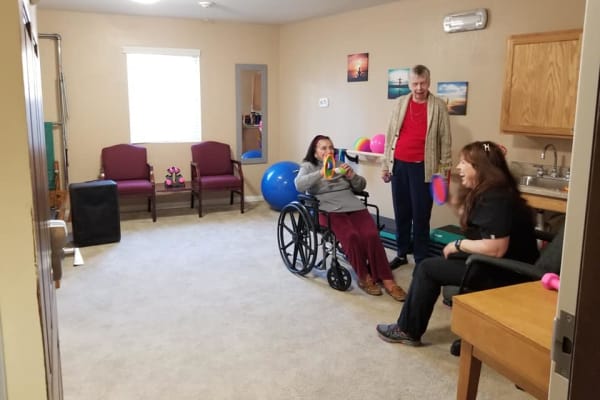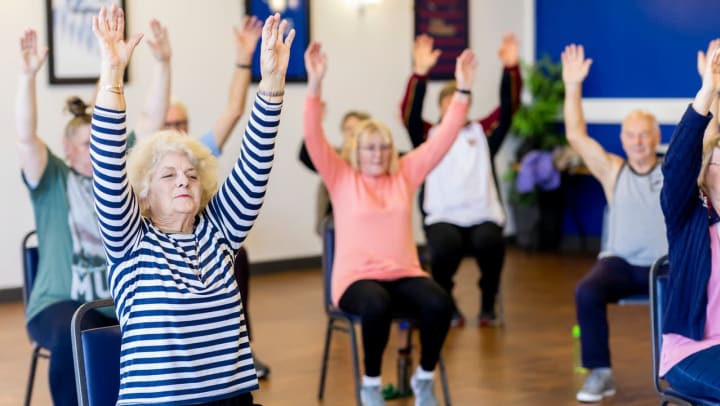Senior Stereotypes & Myths
Growing older is hard enough without the many negative stereotypes about seniors. These stereotypes are perpetuated by media, comics, literature, and through a shared cultural opinion of what it means to be “old.” Words that come to mind when thinking about aging may include cranky, curmudgeon, senile, fragile, cheap, or inept.
Myth: Old Age Leads to Depression
When people attribute grumpiness or crankiness to seniors, it reinforces the misconception that as people age, they become depressed. This is not entirely true. While depression is a concern for seniors, due to solitude and loneliness, Mental Health American reports that only 1 in 17 seniors suffer from depression, or under 6%. So while some seniors do suffer from depression, it is the exception rather than the rule. (https://www.mhanational.org/depression-older-adults-more-facts)
Myth: Seniors are Not as Productive
Another stereotype is that as you age, you retire and have nothing to do. Many seniors work well into their 80’s. They do this for several reasons. Some work for socialization, some work for a connection with others. Some work because they still need the source of income. According to www.seniorliving.org in 2020 adults 55+ made up 23.6% of the labor force. It’s also been reported that the rate of employment for adults ages 65 to 74 increased by 10% over the past decade.
Myth: Seniors are Lonely
There is a growing misconception that as people get older they end up lonelier than their younger counterparts. While there exists a number of seniors who feel lonely and depressed because of physical or even geographic limitations, even with the growing number of Baby Boomers reaching senior status, the percentage is still low in comparison to the younger generations.
Myth: Elderly Can’t Learn New Skills
As we age, there used to be the belief that we were less able to process new information and learn new skills. This has recently been debunked. Dr. Elizabeth Blackburn, a Nobel Prize-winning scientist shows that “by challenging our brain by learning new things we actually grow new brain cells.” It has also been shown that seniors have more time to learn new skills, and while they don’t rush, they can comprehend these skills much more easily. https://www.ljrohan.com/myth-busters/myth-older-people-cant-learn-new-things/
Myth: Seniors are Not Sexually Active
Finally, the feeling that sexual activity fades for people as they age has been repeated refuted. Forty percent of people ages 65 to 80 are sexually active, according to new findings from the National Poll on Healthy Aging. Nearly three-quarters of people in this age range have a romantic partner; 54 percent of those with a partner are sexually active.
Final Thoughts
While everyone ages differently, the key is that you age as much or as little as YOU want. It is up to all of us to try new things, to work as long as we want, to travel, to have relationships. No matter your age. A myth can only be true if you allow it to be! At our Ridgeline community, we hope that all of our residents will age at the pace that is right for them. We will still continue to provide opportunities for continuing education, travel, new experiences in cuisine, and entertainment.


